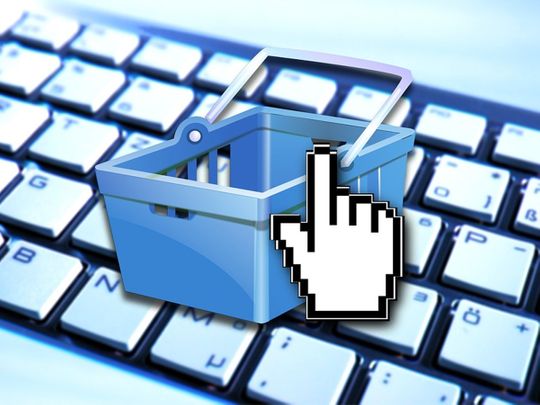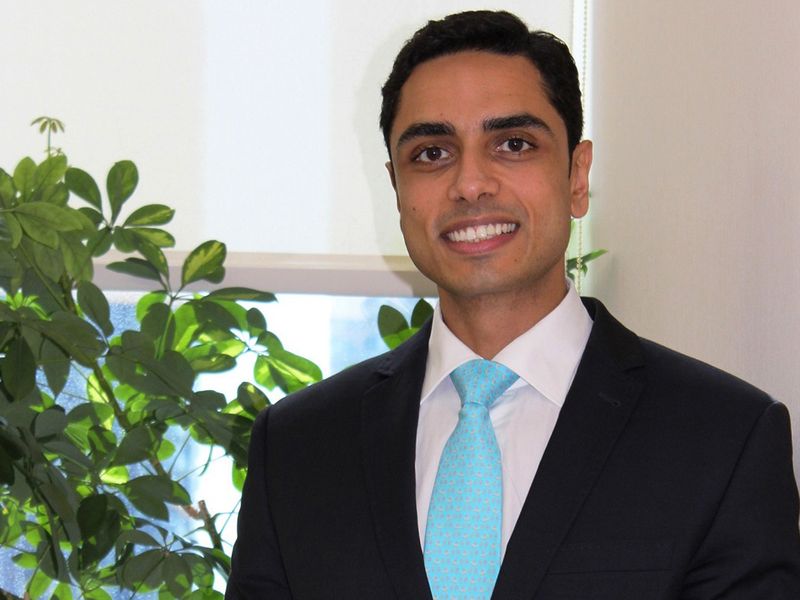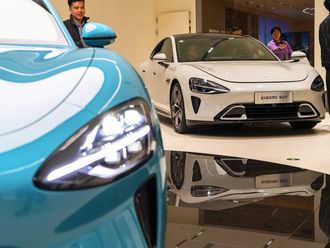
Dubai: While Dubai has positioned itself as a regional brick-and-mortar shopping hub, the UAE is well on its way to becoming the leading regional e-commerce hub, according to a new study by KPMG International.
UAE edition of a new KPMG study, “Me, my life, my wallet,” that surveyed 2,500 consumers in the country, analysed the latest trends in the consumer behaviour, consumption pattern and what excites millennial consumers who are emerging the most influential in consumption related decisions.

The challenge now for e-commerce platforms is to provide a population that is accustomed to superb offline customer experiences [with] the same online experience.
“Today’s consumers grow more complex with every passing day. We believe that there is a tremendous need to understand consumers’ expectations, especially regarding their data, and it is imperative that organisations do not take this for granted in the future,” said Farhan Syed, Partner, Digital and Innovation at KPMG Lower Gulf.
The KPMG study observed that the UAE’s population of around 9.5 million is modest, but its residents’ wallets are worth fighting for. Adjusted for purchasing power, gross domestic product (GDP) per capita is higher than that of Switzerland, and many UAE residents, 36 per cent of whom are 20 to 34 years old, enjoy a high disposable income.
The UAE consumers are used to the experience of high-end destination malls migrating this experience to digital sphere will be a huge challenge, but it will be imperative to get them to spend online, the study said.

“The challenge now for e-commerce platforms is to provide a population that is accustomed to superb offline customer experiences the same online experience,” added Pilar De Miguel Veira, Partner, Head of Customer Advisory at KPMG.
Despite such challenges, the UAE has the advantage of a growing number of consumers relying on technology with 67 per cent stating that they see value in harnessing the power of technology.
Almost half of all UAE consumers interviewed in the study were impressed with how much a smartphone could help them manage their schedules.
With 97 per cent receiving their news online and 93 per cent on social media, this level of enthusiasm for digital world innovation was beaten only by the smartphone-crazy consumers of China and India.
Technology to play a big role
Despite recent global data breaches, 78 per cent of UAE consumers feel comfortable sharing their data with retailers and other institutions, but they would be more likely to do so if they saw tangible value.
When asked about trading their data for personalisation or better deals, UAE consumers were midway between the privacy-conscious Europeans and the more carefree consumers in China or India, with 22 per cent saying they would not trade their data at all.
With huge online presence of consumers and their willingness to share personal data, KPMG officials said the UAE offers huge opportunity for online and offline retailers to get to know their customers better and offer them the experience they are looking for.
Despite the growth of online retailers and increased willingness to pay using electronic means, malls will likely remain at the centre of consumers’ leisure time. Top-end destinations are attempting to retain and expand their consumer base, using apps, Bluetooth beacons and other technologies to augment the consumer experience digitally, while simultaneously providing more detailed data to retailers.
“Given the sheer size of the UAE’s malls, technological solutions, such as indoor positioning systems like GPS working inside the mall, are a great help,” the KPMG study said.












